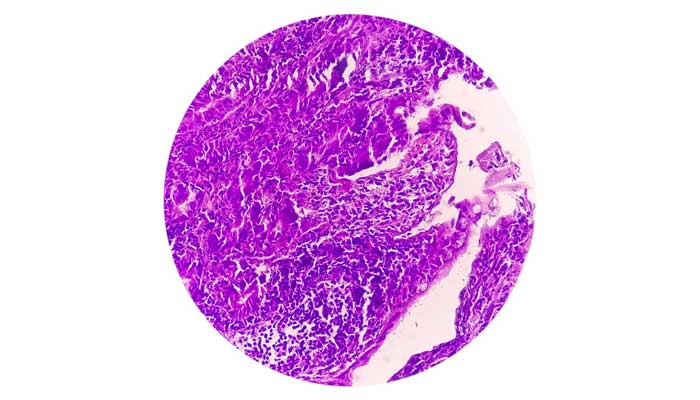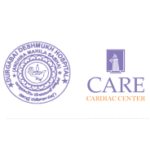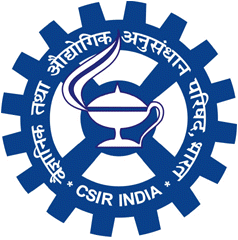Treatments Focus
Inflammatory Bowel Disease (IBD)

Have you ever thought, why you develop frequent pains and cramps in your abdomen or blood in stools or different issues related to your stomach? It could be because of the condition known as Inflammatory bowel disease (IBD). It is a range of conditions in which your intestines become red and swollen (inflamed). The inflammation lasts for a long time before subsiding, although it frequently returns again.
Types of IBD:
The main types of IBD include-
Crohn’s disease:
- Causes pain and swelling in your gastrointestinal tract
- Often affects small intestine and upper part of your large intestine
- Damaged areas appear in patches that are next to healthy tissue
- Inflammation can penetrate many layers of gastrointestinal walls.
Ulcerative colitis:
- Causes ulcers and swellings in your large intestine (colon and rectum)
- Damaged areas are continuous. Starting from rectum and spreading into colon
- Inflammation appears only in the inner most layer of colon lining
Symptoms of IBD:
Symptoms for IBD are not constant, they come and go. They might be moderate or severe. Periods of active sickness will most likely be followed by periods of remission.
Common symptoms for Crohn’s and Ulcerative colitis disease are:
Diarrhoea
Abdominal pain and cramping
Blood in your stool
Fatigue
Gas or bloating
Reduced appetite
Unintended weight loss
Causes of IBD:
The exact cause of IBD is not known but, it is believed that certain risk factors play a role in causing IBD. It may be a result of defective immune system. There appears to be a genetic component as well. You are at high risk if someone from your family had history of IBD.
Certain genetic variations make some individuals more prone to an overactive immune response to the bacteria and other microbes in the intestines, which may cause the chronic inflammation that occurs in ulcerative colitis.
Diagnosis and treatment:
Your doctor may suggest you to give blood and stool samples to diagnose the disease or undergo procedures like colonoscopy and endoscopy.
Different types of medications are used to treat IBD. To reduce the signs and symptoms drugs like anti-inflammatory, antibiotics, pain relievers, vitamin supplements, etc.
Nutritional support and surgeries are also recommended for Crohn’s and Ulcerative colitis, if you have severe inflammations.
FAQ's :
The inheritance pattern of IBD is unknown because many genetic and environmental factors are likely to be involved. Families with IBD share some common genes. Having a family history of IBD is the biggest risk factor for the disease.
NOD2/CARD15 gene alterations are linked to the location of intestinal illness. Studies have also found more than 163 genes linked to IBD, as well as important pathways involved in the disease progression. The growing number of susceptibility genes identified in IBD suggests that genetic factors play an essential role in disease development.
There is genetic testing available to see if there is a disease-causing change (mutation) in the NOD2 gene, which is one of the genes linked to an increased risk of developing IBD disease.
The disease is not caused because of food or infections. Your body creates ulcers or inflammations in the bowels because of overactive immune system. But, you may observe that certain foods can increase your symptoms.
Patients with IBD are more likely to develop colon cancer or small bowel cancer. This depends on how long you have had the disease and how much inflammation you had. Periodic colonoscopies may be recommended by your doctor for a thorough examination of the colon. Colon cancer is also more common in people who have a family history of the disease.
References:
- Inflammatory Bowel Disease. Cleveland Clinic. https://my.clevelandclinic.org/health/diseases/15587-inflammatory-bowel-disease-overview Accessed on: 10-03-2022.
- Inflammatory bowel disease (IBD). Mayo Clinic. https://www.mayoclinic.org/diseases-conditions/inflammatory-bowel-disease/diagnosis-treatment/drc-20353320 Accessed on: 10-03-2022.
- Inflammatory bowel disease (IBD). Centers for Disease Control and Prevention. https://www.cdc.gov/ibd/what-is-IBD.htm#:~:text=Inflammatory%20bowel%20disease%20(IBD)%20is,damage%20to%20the%20GI%20tract. Accessed on: 10-03-2022.
- Crohn disease. Medline Plus. https://medlineplus.gov/genetics/condition/crohn-disease/#causes Accessed on: 10-03-2022.
- Inflammatory Bowel Disease (IBD). Familydoctor.org. https://familydoctor.org/condition/inflammatory-bowel-disease-ibd/ Accessed on: 10-03-2022.
- Inflammatory bowel disease: genetics, epigenetics, and pathogenesis. Frontiers in immunology. https://www.frontiersin.org/articles/10.3389/fimmu.2015.00551/full#h8 Accessed on: 10-03-2022.
- Digestive and liver health. University of Michigan health. https://www.uofmhealth.org/conditions-treatments/digestive-and-liver-health Accessed on: 10-03-2022.
- Genetics of Inflammatory Bowel Diseases. PubMed.gov. https://pubmed.ncbi.nlm.nih.gov/26255561/ Accessed on: 10-03-2022.
- The genetic architecture of inflammatory bowel disease: past, present and future. PubMed.gov. https://pubmed.ncbi.nlm.nih.gov/26444824/ Accessed on: 10-03-2022.
- Advances in the genetics of inflammatory bowel disease. PubMed.gov. https://pubmed.ncbi.nlm.nih.gov/15527676/
- 5 Major Advances in Inflammatory Bowel Disease (IBD) Treatment. Crohn’s and colitis foundation. https://www.crohnscolitisfoundation.org/5-major-advances-inflammatory-bowel-disease-ibd-treatment Accessed on: 10-03-2022.
Related Articles
Book an Appointment to understand how GenepoweRx can help you in treating
Inflammatory Bowel Disease (IBD)
Meet The Doctors
Dr Kalyan Uppaluri
Dr Hima Challa
Your genetics … Your Test ... Your Health Success
It’s always the word of mouth that’s the best advice. Here are some of our…


Our Partners






Professional Partnerships
Government Association

